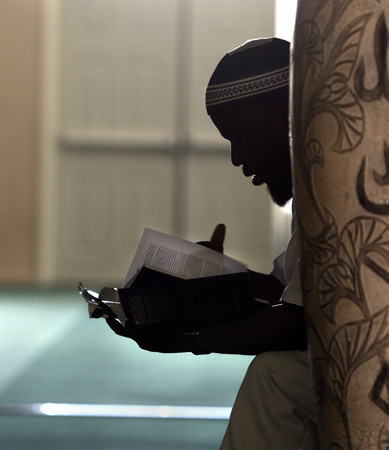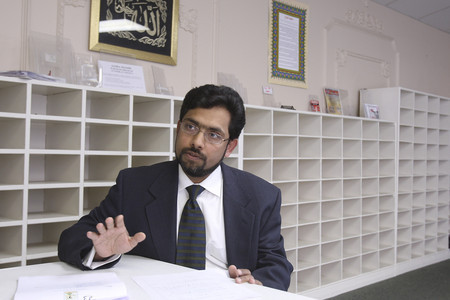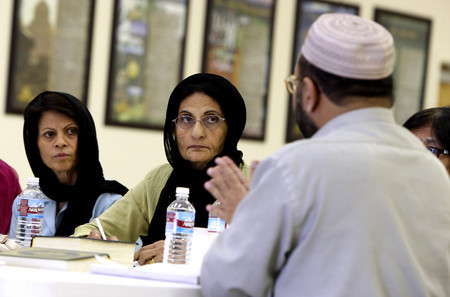Local Muslims say Obama’s speech was inspirational
Dr. Mohammed Shafi remembers taking his children to ground zero in New York and reading the names of those killed during the Sept. 11, 2001, terrorist attacks.
There were Christian names, there were Jewish names, and there were Muslim names -- people of all faiths and all ages.
"Terrorism is blind," said Shafi, a member of the board of trustees for the Islamic Society of Nevada.
"Islam teaches that if you kill one person, you're killing humanity, and if you save one person, you've saved all of mankind. These are the teachings of the Quran."
Shafi said President Barack Obama quoted that passage from the Quran during his keynote speech Thursday in Cairo, Egypt.
His words will help ease concerns of Muslims worldwide, Shafi said, especially those of Muslims in the United States who recently have felt alienated by suspicion and discord.
"There's a small group of (Muslim) people who are extremists and are trying to tarnish the image of Islam," he said.
"Obama's speech was based on community, not separation, and that's what this country, and this world, need."
Nasim Dil, a professor emerita of early childhood special education at the University of Nevada, Las Vegas, said Obama has opened the dialogue between Muslims and the rest of the community.
"For a few years, we were scared to talk," Dil said. "We were suspects. But now we aren't."
Dil, who was born in Pakistan but earned her doctorate in America, said she is proud of both her countries.
She said she hopes Obama can help rebuild the bridge of communication that was broken when the World Trade Center towers fell in 2001.
It's a tough task, but she said she has faith.
"He hasn't failed me yet," she said.
It probably is impossible that Obama will be able to solve all of the conflict in America or in the Middle East, which has had conflicts that have raged for thousands of years, but he can help change the rhetoric, Fateen Seifullah said at the Islamic Society of Nevada.
"That's where he began, by helping change the rhetoric, the nature of the engagement. Not as opposing bodies or countries, but as human beings," he said.
"He's opened the door for changes that will not only impact his presidency, but maybe the next 20 years."
Seifullah said there are differences between the way Obama's administration and that of President George W. Bush handled Islamic relations, but the circumstances have also changed.
"In all fairness to President Bush, he did assume leadership at a very challenging time, with the bombings," he said. "It's easier, in some ways, for President Obama."
But the rest of his burden probably won't be easy, both Seifullah and Shafi agreed.
Shafi, who reviewed a highlighted transcript of Obama's speech while he waited to pray at the mosque, said that Obama is at least on track: He's saying the right things.
Shafi was particularly impressed with Obama's focus to soften fears about the United States' presence in the Middle East, he said.
"He stressed that we are not at war with the Muslim world. We never have been, and we never will be," Shafi said.
"That takes a lot of pressure off."
Contact reporter Mike Blasky at mblasky@reviewjournal.com or 702-383-0283.
Slideshow



















